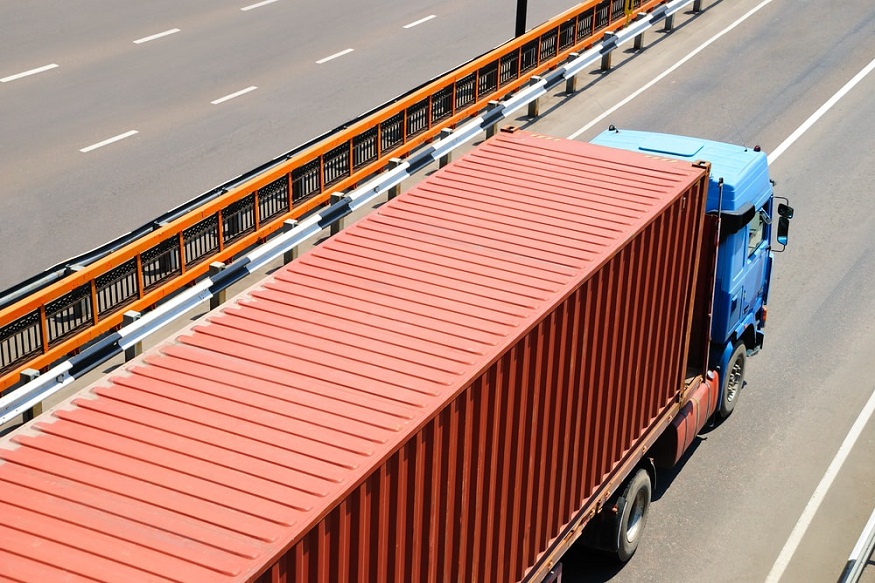The transport sector is responsible for a large part of carbon emissions. Its ecological transition has become a priority to meet climate objectives and stimulate the economy. A real lever for innovation in France, the decarbonization of transport gives rise to new mobility solutions. These include investments in electric and hydrogen vehicles. Reducing gas emissions thus allows companies to begin more sustainable and lasting development.
The economic impact of decarbonizing transport
France has made the reduction of greenhouse gas (GHG) emissions one of its main objectives. The decarbonization of transport is an essential step that also plays a role in economic development. This energy transition involves the use of electric and hydrogen vehicles in road and rail transport. In addition, there are numerous investments in infrastructure to promote greater ecological mobility . In logistics transport, suitable charging stations and freight lines are being implemented.
Transport companies must quickly adapt their fleets to new ecological standards. The same applies to the various operations in order to offer sustainable mobility solutions. To meet this challenge, the government is proposing various measures and aid in France. They provide financial support and regulate to facilitate the transition. Among these levers, subsidies are intended for the purchase of clean vehicles and the modernization of infrastructure.
Public services are leading by example with the integration of electric mobility and hydrogen transport . They are encouraging demand for this as well as investment in research and development.
In addition to reducing carbon, this results in the creation of new jobs. Companies can opt for a development strategy focused on energy and ecological challenges. They thus display greater economic competitiveness internationally.
The benefits of decarbonizing transport
Decarbonizing the transport sector is not limited to reducing greenhouse gas emissions. Choosing greener vehicles helps to achieve long-term savings to continue the ecological transition. These solutions help to limit maintenance and operating costs. In France and abroad, sustainable mobility significantly reduces dependence on fossil fuels. This translates into a significant reduction in energy costs.
Clean vehicles and good practices such as carpooling bring benefits to cities. They promote a healthier urban environment and a better quality of life . In particular, there is a reduction in respiratory diseases. These benefits play a role in improving the productivity of urban populations.
The energy transition generates investments that promote the attractiveness of French companies. Between infrastructure and green vehicles, the decarbonization of transport stimulates economic development in France. It generates jobs and boosts innovation in the field of green mobility.
The challenges of decarbonizing transport and their solutions
To successfully transition to optimal decarbonization, there are still many challenges to overcome in the transport sector. The first of these is the significant cost of acquiring green vehicles powered by electricity or hydrogen. This is also the case with the creation of suitable infrastructure. These necessary investments can slow down companies in implementing decarbonization technologies.
France is now among the leaders in the energy transition. However, the availability and geographical distribution of charging infrastructure are far from covering the entire territory. This inequality is holding back progress in green mobility in certain regions. State investment is crucial to achieve effective deployment. Aid can encourage the purchase of green vehicles and the development of the infrastructure network.
Training is also part of the challenges for the massive adoption of transport decarbonization practices and solutions. Employees thus have all the skills necessary to carry out operations and maintenance of green technologies. A joint strategy between public and private actors promotes the achievement of carbon reduction objectives .
Various measures can be put in place to encourage decarbonization in the transport sector. Good mobility practices and green solutions are the key to success for businesses and citizens alike. Subsidies and tax reductions provide a framework for more general adoption. This will pave the way for more ecological and economically beneficial mobility.


